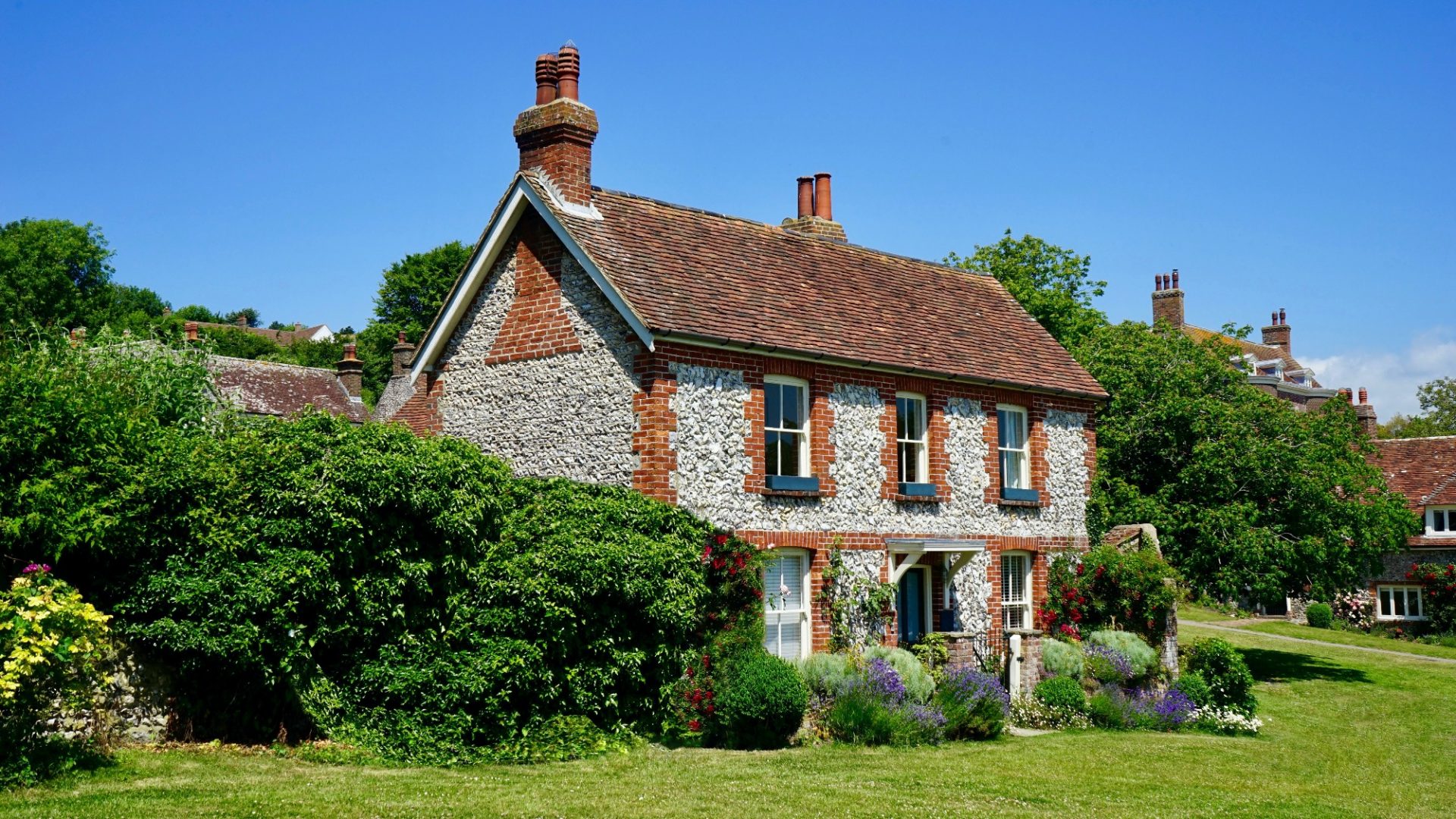Adèle Nicol
- Consultant

Holyrood has consistently placed importance on improving the quality of houses (and indeed landlords!) in the private rented sector; for example by introducing requirements for private landlords to register as fit and proper persons to be a landlord; the introduction of the Tenancy Deposit Scheme and, perhaps most importantly, the introduction of the “Repairing Standard” in 2007 which set a standard far above the minimum “Tolerable Standard” which applies to all houses.
Tenancies on tenanted agricultural holdings are currently one of the exceptions where the Repairing Standard does not apply, merely the basic “Tolerable Standard”. This exception applies only to the main farmhouse, occupied by the farm tenant, not to ancillary houses whether occupied by employees or sublet commercially. Clearly a farm worker or a sub-tenant should not have to accept poorer quality housing than any other employee or renter.
All houses, whether let, owner-occupied or the main let farm-house, should meet the “Tolerable Standard”. This is a basic standard imposed by The Housing (Scotland) Act 1987 setting the bare minimum which most of us would expect. From February 2022 the requirement to have heat, smoke and carbon monoxide detectors will move from the “Repairing Standard” to the “Tolerable Standard”. As the “Tolerable Standard” applies to all houses, everyone (including farm tenants) should have these alarms by that date. Enforcement of the “Tolerable Standard” is placed on local authorities who have “a duty to secure that all houses in their district which do not meet the tolerable standard are closed, demolished or brought up to the tolerable standard within such period as is reasonable in all the circumstances”.
Amendments to the Repairing Standard should be in place by 2024 and will include a requirement to have safely accessible food storage and preparation space; that heating systems must consist of a fixed system; electricity supply installations must have a residual current device which breaks the circuit when there is a fault.
Thereafter it is the Scottish Government’s intention that the Repairing Standard will eventually apply to all let houses in Scotland, including houses let under agricultural leases. This is anticipated to be in place by March 2027. Landlords and tenants need to consider responsibilities and works required in relation to residential properties in agricultural tenancies.
Aside from these future changes many farmhouses and cottages will have private water supplies. The current legislation governing private water supplies is The Water Intended for Human Consumption (Private Supplies) (Scotland) Regulations 2017. These Regulations apply inter alia to “private water supplies that form part of a commercial or public activity”. In its guidance the Scottish Government considers any letting of property is a commercial activity.
This is the interpretation which local authorities are using, meaning that landlords of let residential rural property served by private water must comply with the “commercial” regulations. In the context of a farm – is this the head landlord’s or the mid-landlord’s responsibility where there is sub-letting by the farm tenant?
The question of whether compliance for improving and maintaining housing standards falls on the landlord or the tenant of an agricultural lease should be determined by reference to the terms of the lease and fixed equipment obligations. It is clear that, for new leases including residential property, houses should comply with the Tolerable Standard and the Repairing Standard at the commencement of the tenancy as failure to comply would be a failure in the landlord’s fixed equipment undertakings.
The Tenant Farming Commissioner issued a useful guide to general statutory compliance for houses on agricultural holdings.
TFC Guide to Compliance on Agricultural Holdings (landcommission.gov.scot)
The Scottish Government has committed to improving the housing stock in Scotland with the aim that no one is expected to live in substandard accommodation. In the rural sector private landlords are a major provider of rented accommodation but this imposes considerable obligations and responsibilities.
You might also be interested in these articles: